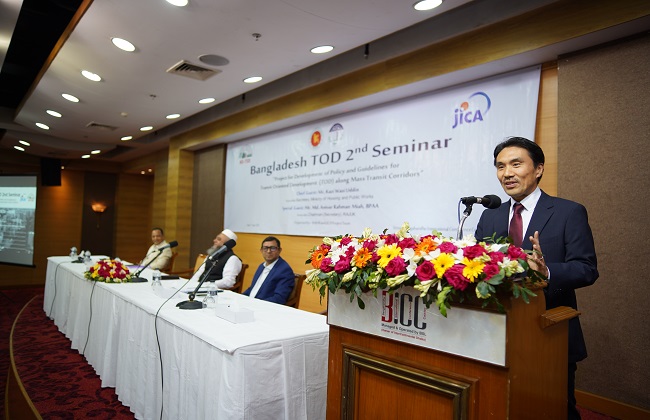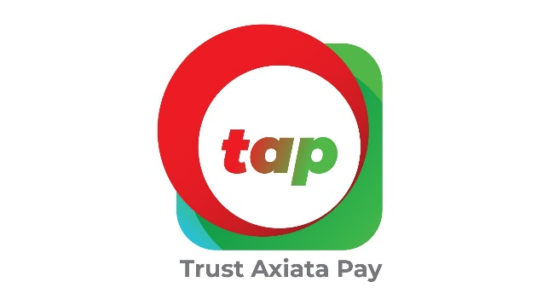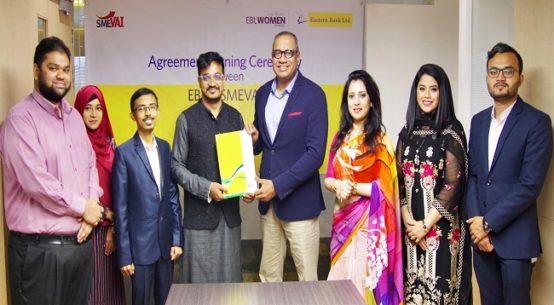
The Rajdhani Unnayan Kartripakkha (Rajuk) and the Japan International Cooperation Agency (Jica) project team hosted the second seminar on transit-oriented development (ToD) on 1 June, marking a significant milestone towards the future urban development of Dhaka city.
“The Project for Development of Policy and Guidelines for Transit-Oriented Development (ToD) along Mass Transit Corridors” presented the progress and future direction of ToD guidelines and pilot projects at the Bangabandhu International Conference Centre.
It was Jica’s ongoing technical cooperation project.
Kazi Wasi Uddin, secretary of the Ministry of Housing and Public Works, Md Anisur Rahman Miah, chairman of Rajuk, and Ichiguchi Tomohide, chief representative of the JICA Bangladesh Office shared their observations.
JICA Chief Representative to Bangladesh Ichiguchi Tomohide said, “Disseminating and expanding ToD will significantly improve urban planning and development towards more comfortable and efficient lives for people in Dhaka, or Smart Dhaka.”
Highlighting the importance of discussion and consensus-building, he also emphasised that ToD’s key to success is shared vision and collaboration.
Housing and Public Works Ministry secretary Kazi Wasi Uddin said the seminar has been essential and has created opportunities for all the stakeholders to share the progress of the ToD guidelines.
“The projects will promote better urbanisation and help accelerate Bangladesh’s journey towards becoming a middle-income country,” he added.
Nippon Koei Co Ltd, in collaboration with key stakeholders, is leading the JICA consultant team in developing ToD guidelines. It covers the general framework of TOD in Dhaka, including the basic process and content of planning and the implementation methods. ToD is a method that promotes urban development-centred on public transport.
They revealed two pilot projects planned at selected sites: Uttara Centre station of the country’s first MRT (Mass Rapid Transit) Line-6 and the Gabtoli area for the future MRT Line-5 and Line-2.
Several stakeholders from relevant ministries, government agencies, international donors, and academia, and experts and consultants, attended the event.


